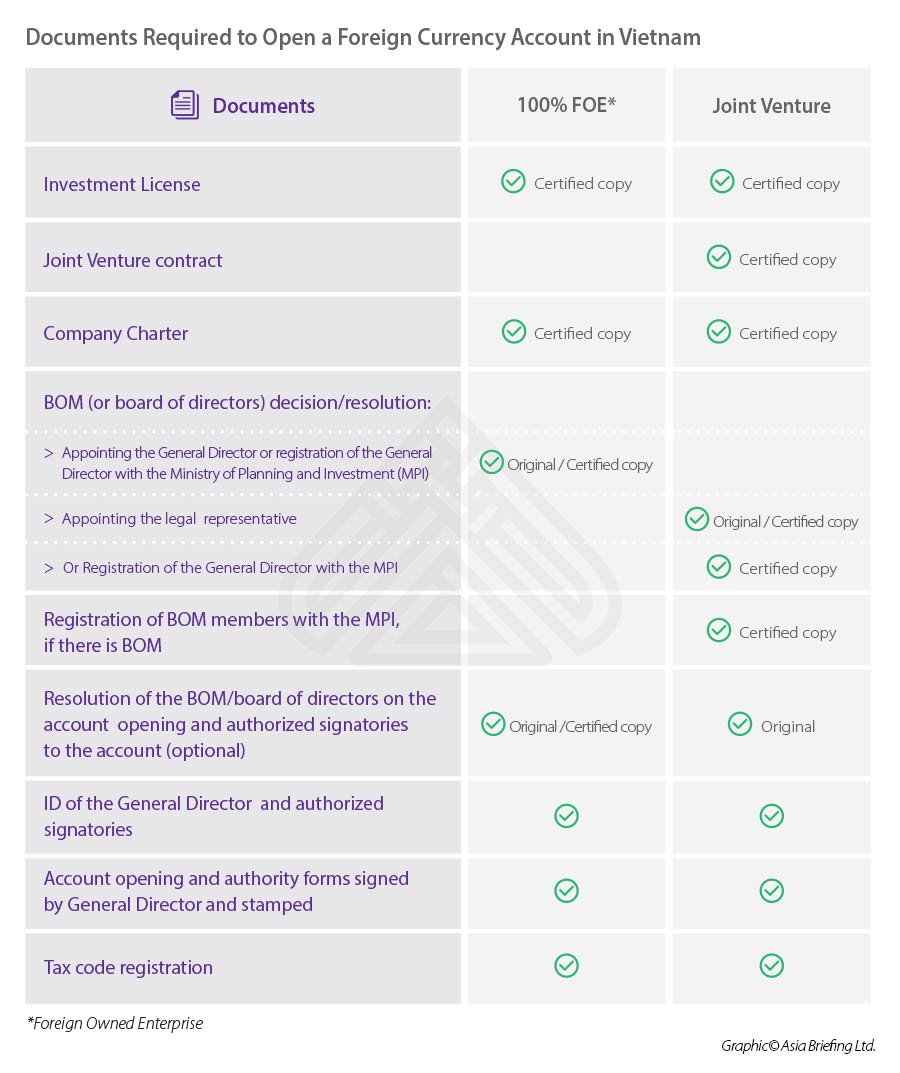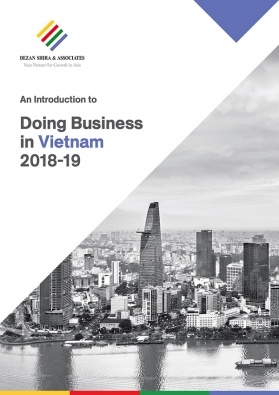Remitting Profits from Vietnam: An Introduction for Foreign Investors
- As Vietnam continues to attract record levels of foreign investment, the need to understand the country’s remittance policy has never been greater.
- Government bodies and banks play an integral role in the remittance process.
- While remitting is typically not a problem, foreign investors should note and account for restrictions that may result in liquidity issues.
Remitting profits from Vietnam can prove to be a complex and time-consuming process, even for the most seasoned investors. Shifting regulations and scarce local information on procedures has created a difficult compliance landscape that mandates continued attention from businesspeople.
Although implementing remittance strategies can seem a daunting task, businesses that seek out up-to-date information and plan accordingly are more ready to ensure that profits from their business in Vietnam are distributed abroad in a seamless manner.
Authorities in charge of remittance
For those with current operations within the country, or investors considering setting up in the country, understanding what regulatory bodies and legislation affects business processes is a critical component of business planning.
For those seeking to understand current compliance procedures with regard to remittances, the following governmental bodies and general restrictions on investment should be noted with regard to remittances.
Ministry of Finance (MOF)
The MOF has the power to adjust taxation and regulate remittances within Vietnam. Current areas under the remit of the MOF include powers to:
- Adjust various rates of taxation including but not limited to Corporate Income Taxation, Value Added Taxation, and Special Consumption Taxation; and
- Regulate the conditions that must be met for profits to be repatriated from Vietnam.
State Bank of Vietnam (SBV)
The SBV has the responsibility of regulating banking and foreign exchange within Vietnam. Under the remit of the State Bank of Vietnam are the powers to:
- License banks to operate foreign exchange accounts;
- Set requirements related to the set-up of bank accounts; and
- Issue official rates of exchange between the Vietnamese Dong (VND) and other currencies throughout the world.
Restrictions on remittance
While Vietnam is fairly open to companies remitting profits to their respective markets, investors should note the number of restrictions that are currently enforced upon the remittance process. If these limitations are not worked into existing business models, they can create significant liquidity problems for those expecting to compensate shareholders or service loans.
Timeframe
Under Vietnamese law, profits may only be remitted once per year. The timing of this remittance is limited by audit requirements that create a yearly window starting from March when profits are allowed to be remitted.
Financial position
Under current Vietnamese law, dividends may not be carried out during a year in which a company has not turned a profit.
Note: Once a company turns a profit, you may want to remit. Read our step-by-step article on remitting profits in Vietnam here.
About Us
Vietnam Briefing is produced by Dezan Shira & Associates. The firm assists foreign investors throughout Asia from offices across the world, including in Hanoi and Ho Chi Minh City. Readers may write to vietnam@dezshira.com for more support on doing business in Vietnam.
- Previous Article Vietnam Cuts Enterprise Registration Fees
- Next Article Remitting Profits in Vietnam: A Step by Step Guide





























